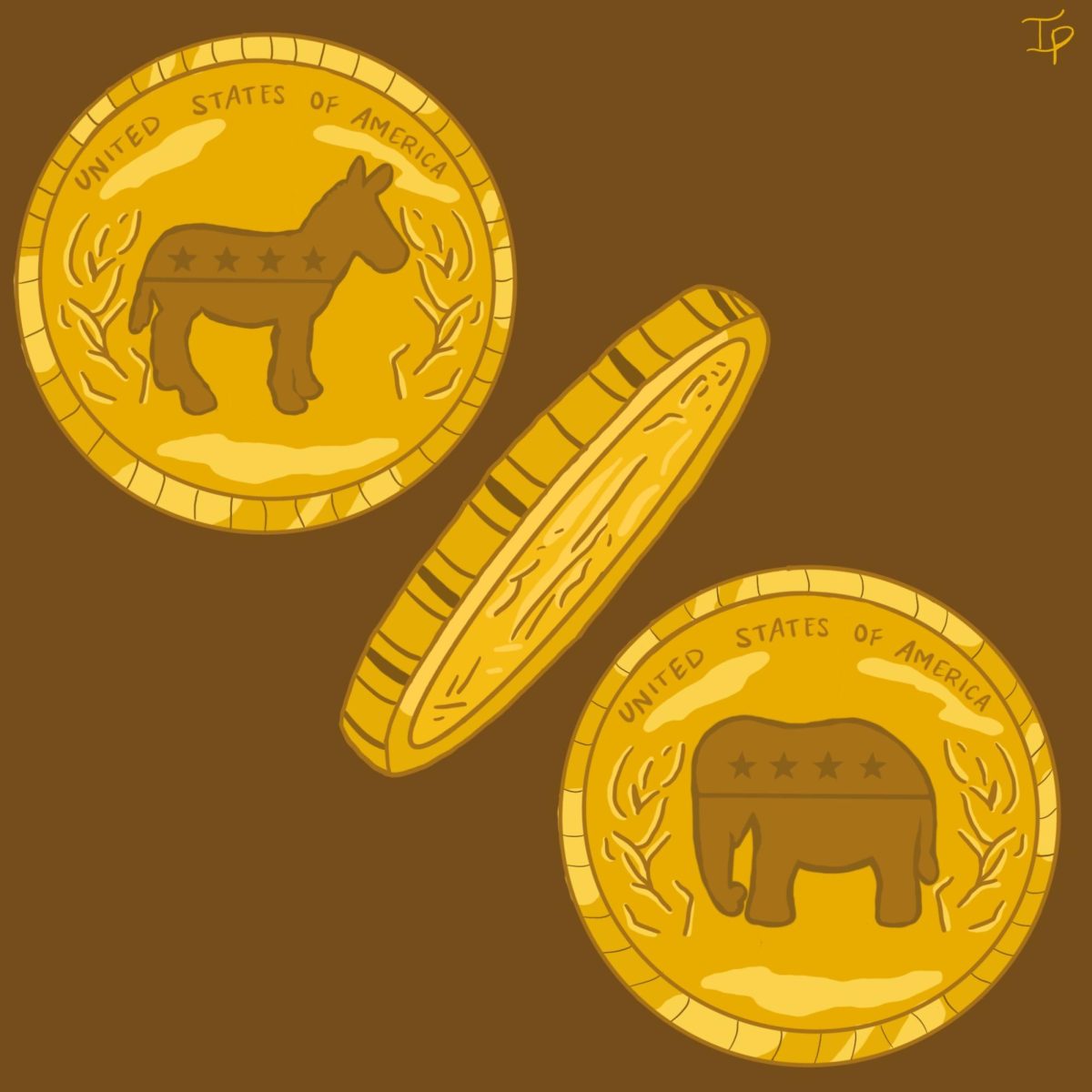New class looks at queer theater
February 21, 2006
In the 1960s, police would raid gay bars to arrest people on indecency charges.
In 1969,… In the 1960s, police would raid gay bars to arrest people on indecency charges.
In 1969, police raided the Stonewall Inn, a gay bar in New York’s Greenwich Village, but some patrons resisted. The ensuing struggle between citizens and the police became known as the “Stonewall Rebellions.” It’s considered by many to be the turning point of the modern gay rights movement.
Jeff Cordell, who proposed and teaches a course called queer theatre, discussed the riots with his class Friday.
“The reason we have Pride Week is in commemoration of Stonewall,” said Cordell, who is a graduate student.
This is the first time that this course has been offered at Pitt. The course’s primary focus is to look at “queer theater,” but it also delves into dramatic literature, authors and components of recent queer theater history.
Cordell also wants to explore stereotypes of gay people in the theater community, saying that gay people can “claim them or rearrange them.”
According to Cordell, courses in queer theater and theory are on the rise throughout the country.
“Is that important that it’s on the rise?” he asked. “What does it do differently than the rest of the courses?”
He added that he worries that it would give “queer or queer-sensitive” students an opportunity to close themselves off and that more diversity in a class such as queer theatre can only be beneficial.
As Cordell led discussion in Friday’s class, he asked the students to comment on why American history classes cover the black and women’s liberation movements, but not Stonewall or the history of gay rights. He also questioned why today’s gay generation isn’t aware of Stonewall.
“If we’re looking for markers, ’69 is a big one,” Cordell said.
Students are required to attend three productions: “The Importance of Being Earnest” by Oscar Wilde; the production of “The Vagina Monologues” by Eve Ensler, held by the Campus Women’s Organization; and “I Am My Own Wife” by Doug Wright.
Steward Savage, a junior theatre arts and art history major in the class, said that he took it because “there’s this facet to history that no one has ever discussed.”
Matt Moran, a freshman theatre arts and English literature major, said, “I feel that it was an important class to take from a theatrical point of view.”
Although the class is called queer theatre, the class doesn’t attempt to pinpoint a definition for “queer.”
“That’s what our midterm is, to come up with a working definition of queer,” Moran said.
Cordell questioned the validity of pinpointing a single definition.
“How useful is [a definition] in academia?” he asked. “Having good questions is what creates good academics.”


